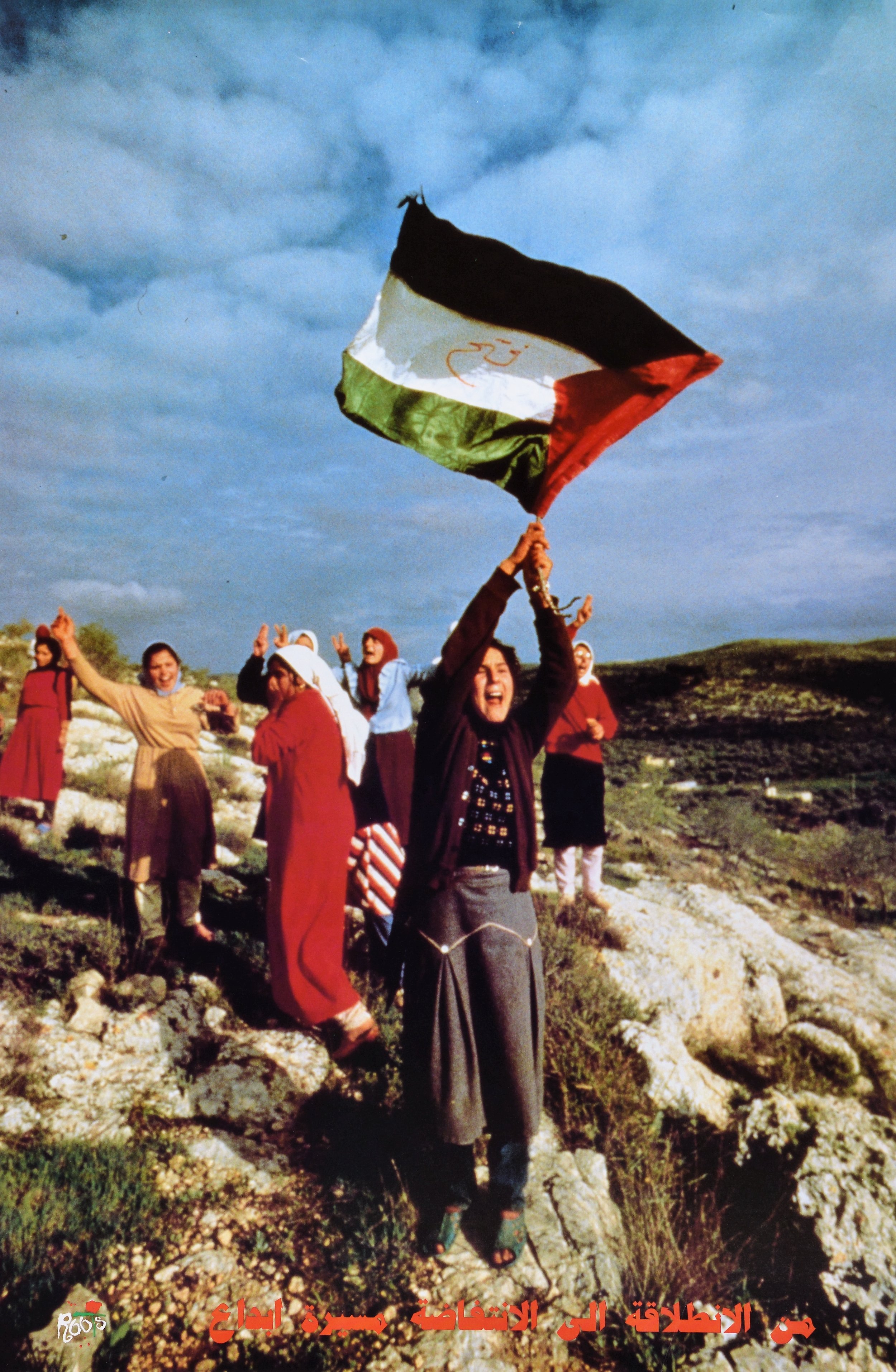Writers Against the War on Gaza (WAWOG) is a coalition of media, cultural, and academic workers who are committed to the horizon of liberation for the Palestinian people. We organize against Zionism and American militarism from within the imperial core.
Join us in building a revolutionary cultural front.


